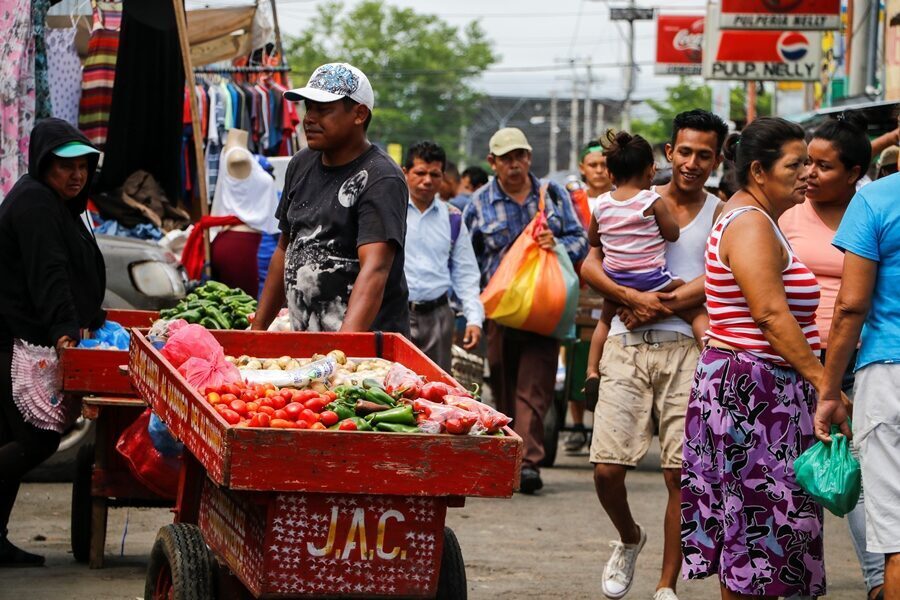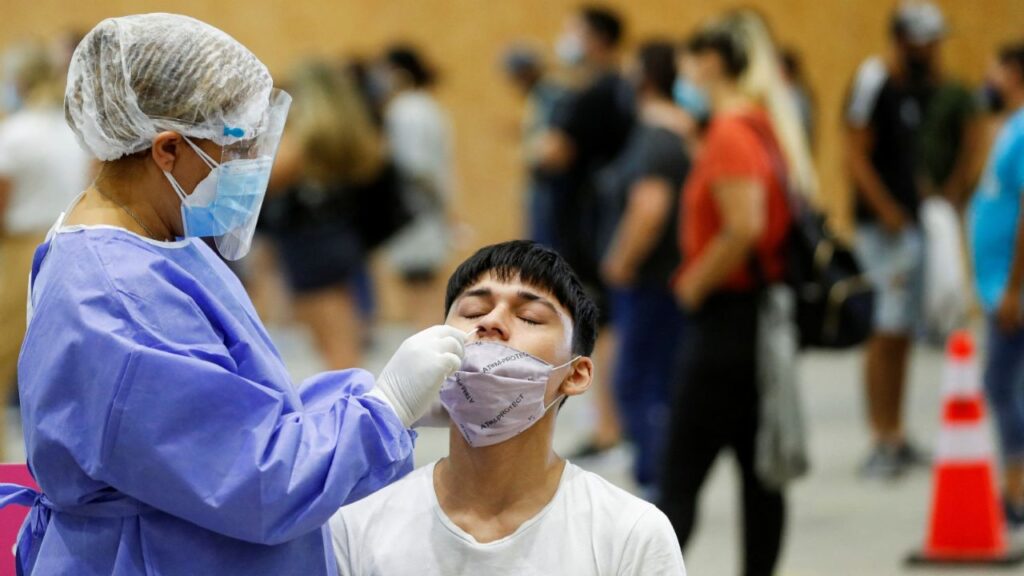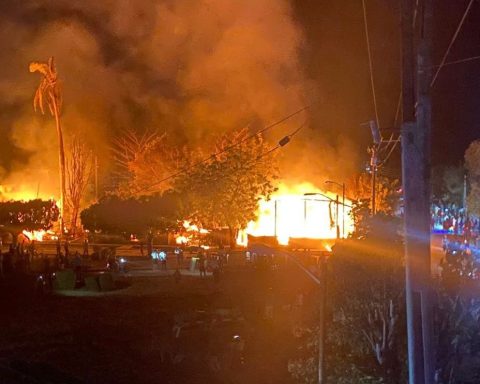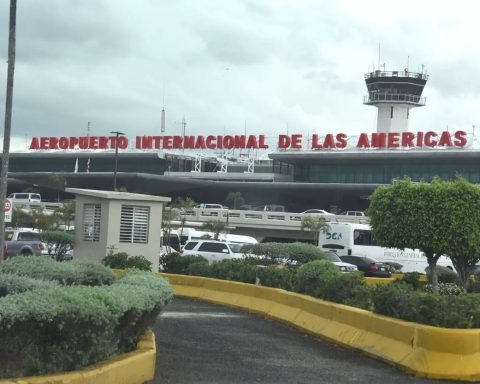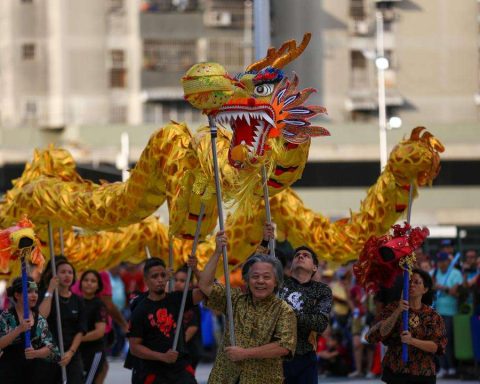the price of the basic basket in Nicaragua as of January reached C$16,529.99 (US$463.00), which is equivalent to C$274.61 more than the previous month, December 2021 (C$16,255.38), according to data from the National Institute of Development Information (INIDE).
The loss of purchasing power continues amid a gloomy outlook due to Russia’s military invasion of Ukraine. The ambition of Russian President Vladimir Putin – an ally of Daniel Ortega – will burn in the stomach of Nicaraguans already hit by the figures with an average minimum wage of C$6,978.34 (US$197.00).
The organism indicates that already in February rises were observed in the prices of food and non-alcoholic beverages (1.04%), transportation (2.80%) and education (3.33%). It details that there were increases, mainly, in the cost of lemon, beans, cooking oil; gasoline, purchase of motorcycle and diesel.
Inflation in February was 0.91% compared to January. Accumulated inflation (January and February) was 1.62% and the price increase in February 2022 compared to February 2021 was at 7.75%.
The Economist Nestor Avendano He indicated that “the increases in the prices of fuel, food and electricity accelerated the inflation rate in Nicaragua, which had already reached the level of 7.68% in January of this year.”
“It is logical to expect that the crisis between Russia and Ukraine will trigger international oil and material prices and, consequently, further increases in production costs and consumer prices will be observed. The inflationary problem is becoming more complicated (…) The inflationary burden has a greater weight for low-income households, who spend their budget on daily needs that are becoming more expensive every day », he warned in his blog.
Related news: Sanctions against Russia, for invading Ukraine, will reach Nicaragua, analysts say
He explained that the inflation rate was already at a high level, due to the reopening of the economy in the second half of 2021, after the impact of COVID-19 from March 2020, and with the Russia-Ukraine conflict “the Economists expect that inflation will continue to rise because it is unknown how the war in Ukraine will end.
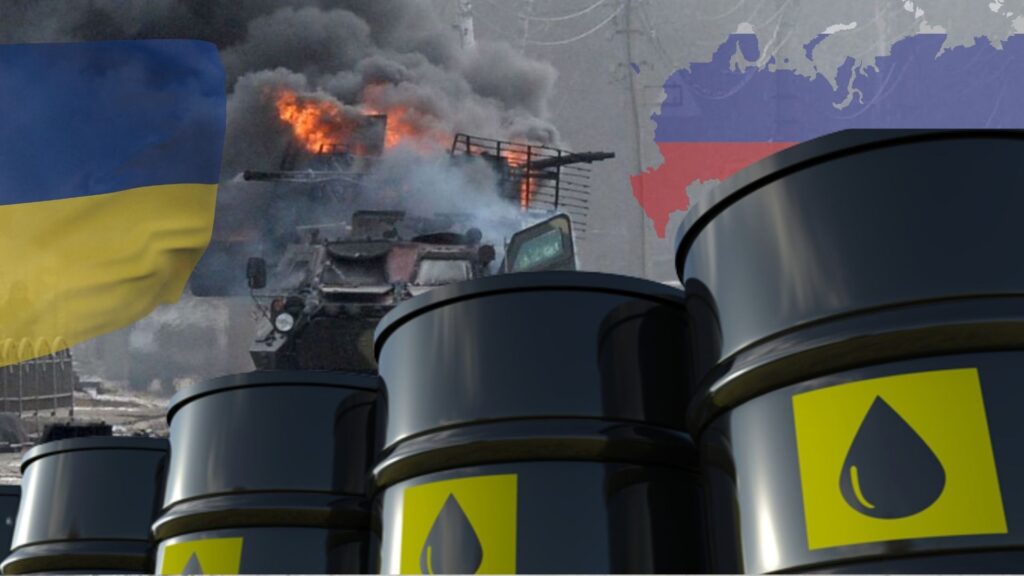
He exemplified that the price of a barrel of WTI oil (reference for Nicaragua) was already quoted at US$130.89 last week and closed on Friday, March 11 with a decrease of up to US$109.33, «but it showed an accumulated increase of 42% with compared to its price of US $ 76.99 observed on December 31, 2021 ».
The war has also raised the prices of fertilizers, wheat and precious metals used in the production of cars and planes. Roberto Morales, leader of the Guild of Bakers “Ermis Morales” revealed to Article 66on the podcast NOW, that “without the war” flour increased C$ 100.00 per quintal The first of March and, in June, another increase between C$ 100.00 and C$ 200.00 is scheduled, but with the invasion “and things change, the panorama is going to be different.”
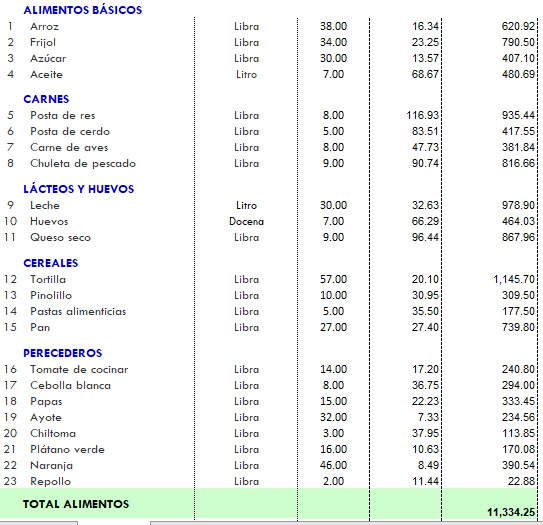
“Reducing the high inflationary pressure would be possible only if the demand for goods and services cooled down, (but) cooling the demand for goods and services implies reducing the rate of economic growth and deepening the imbalance in the labor market,” Avendaño said.
Economist and political analyst Enrique Saenz points out that the economic growth that the regime proclaims does not favor Nicaraguan families. The deterioration of the basic basket is explained by the stagnation of wages and by the increase in the cost of basic necessities. Between December 2020 and December 2021, the cost of food rose by 15%, “it means that the worker who did not receive an adjustment in his income in those proportions, paid for it with less gallopinto, cheese and tortilla at the table of your home,” he explained on his website.
